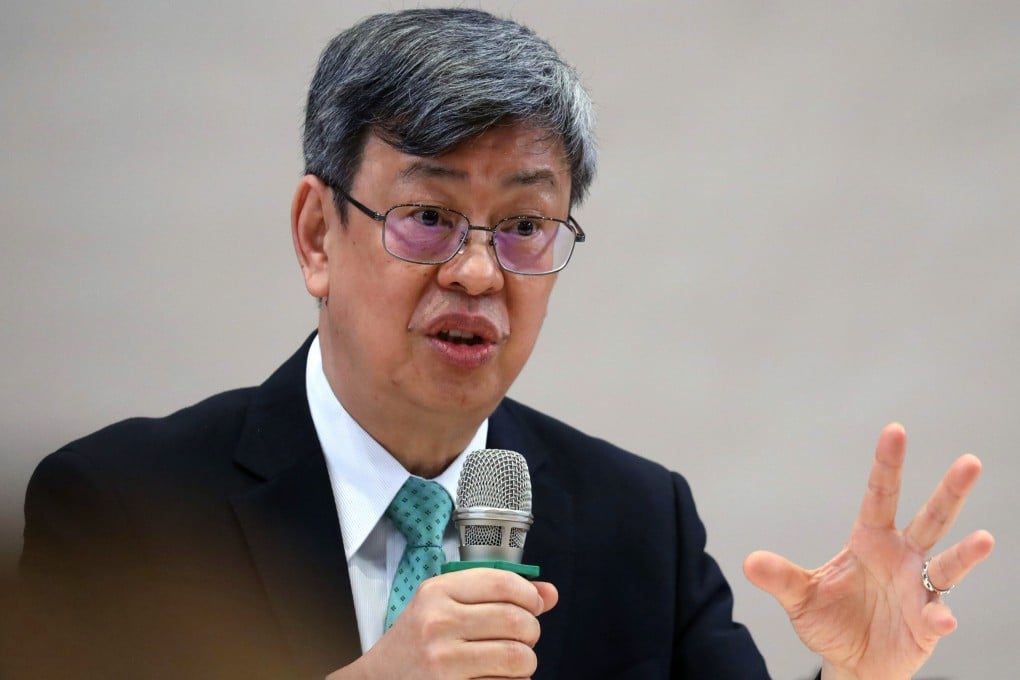Taiwan unlikely to attend upcoming World Health Assembly due to ‘politics’, Vice-President Chen Chien-jen says
- Taiwan’s vice-president says political pressure from Beijing has made it difficult for the island to get an invitation from the World Health Organisation
- The mainland claims Taiwan needs to go through Beijing to attend the event because statehood is required for UN memberships

Taiwan said on Thursday it saw little chance of attending the World Health Assembly (WHA) because of Beijing, just days before the global health body was to start a two-day event held in the form of a virtual meeting in the face of the coronavirus outbreak.
Vice-President Chen Chien-jen said political pressure from Beijing has made it difficult for the self-ruled island to get an invitation from the World Health Organisation (WHO) secretariat for the assembly starting on Monday.
“With [the involvement] of politics, the chance [of Taiwan] to take part in the event of course is not big,” Chen said in a press briefing in Taipei, a week before he is to step down after four years in office.
Chen said that instead of respecting professionalism, neutrality and global health concerns, the WHO secretariat had bowed to political pressure by refraining from inviting the democratic island to the global health event.

02:23
Beijing, which considers Taiwan a wayward province that must return to the mainland fold, by force if necessary, has demanded that the WHO refrain from allowing the island to attend its annual event even as an observer as long as Chen’s boss, President Tsai Ing-wen, continues to reject the one-China principle.